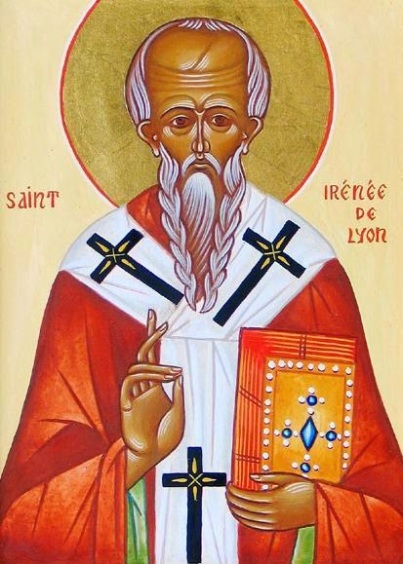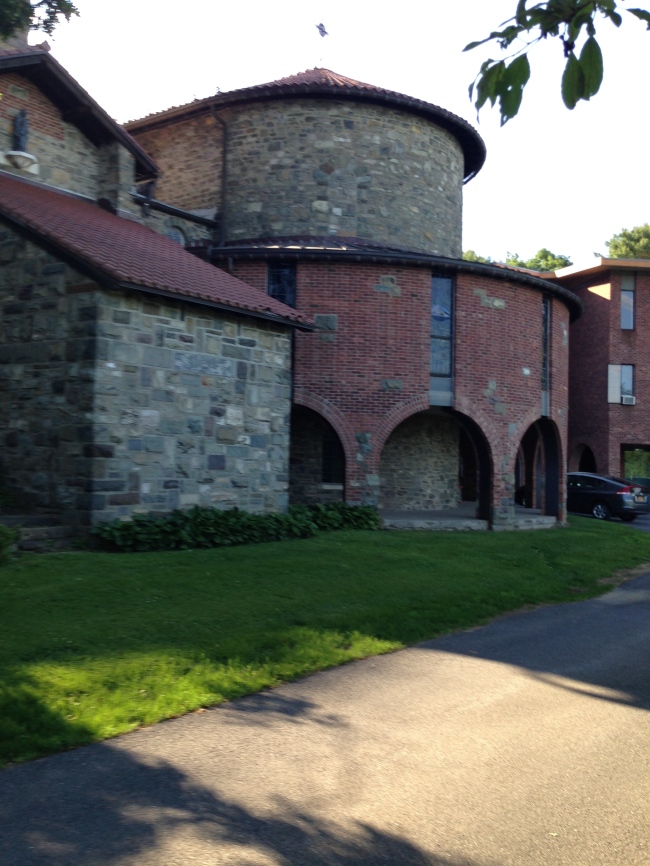Irenaeus (pronounced ear-a-NAY-us) was probably born around 125. He died around 202. So why am I writing about him today? Well it is his day (called Saint Day) on our church Kalendar. I pick him to write about because he was the first person to write and preached against the first heresies of the Christian church. His defense of the faith is a true link between the apostolic church and later times and also an important link between Eastern and Western Christianity.
In his principal work “Proof of the Apostolic Preaching” he referred to the earth as a sphere. Scholars believe that this may be the first time that the earth was called a sphere. (In western literature)
Gnostics where Docetists (pronounced do-SEE-tists) from the Greek word meaning, “to seem”, they taught that Christ did not really have a body, but only seemed to have one. Now you see the problem with the Gnostics. There is one other problem with their teachings. They had a lot of secrets that only a few were allowed to have. They were a secret society. Not very Christian, yet they said they were.
Irenaeus was the first to use the word Catholic in writing to mean the whole church, and the church was for everyone. He contrasted Christianity with Judaism, in that the task of Judaism was to preserve the knowledge of the one God by establishing a solid national base, but the task of Christianity was to set out from that base and preach the Truth to all nations.[1] He answered the Gnostic’s by pointing out their claim to have a message only for the few with the right aptitudes and temperaments, whereas the Christian Gospel was to be proclaimed to all everywhere.
The next time you hear a TV preacher trying to drive a wedge between Paul and the original Apostles remember Irenaeus. Irenaeus was very clear that Paul was teaching the Gospel of the original Apostles. Irenaeus was a powerful voice then as he is today. Irenaeus is a voice from the past that is preaching inclusiveness. The church is for everyone! Christian’s today fight to keep the church inclusive, as did Irenaeus. If you are one of those who are fighting for inclusiveness then I would suggest Irenaeus as your patron saint.
[1] Missionstclare.com


